If you own a bird that produces a lot of dust, it can be unsightly and daunting to control. Powder down birds produce this white powder as a natural part of their growth and development. Here are 5 things you can do to minimize the dust in your life.
Limit the Numbers---The quality of life you can offer any pet is surely the number one most important thing for a bird lover. Only welcome into your life those for which you can provide the very best care. Having one or two that are well taken care of is better than trying to save them all and creating an environment that is less than desirable and/or unhealthy.
Know Your Bird----Be sure you find out all you can about every aspect of the bird you're thinking of adopting.. Try to match the type of bird with the lifestyle and space you have to offer it.. Knowing whether the pet you are considering is a powder down bird will help you determine whether it's a good match for your situation.
African Greys, Cockatoos, Cockatiels, and some Amazons shed a wing dust practically all their lives. If one of these birds has grabbed your heart, you should bring it home only if you are willing to deal with the added particles that they will send into your space.
The fact that these types of birds will require more clean-up should also factor into the number of birds that you adopt. Putting too many birds together in a space that is not large is likely to make everyone unhappy. And the added particulates from numerous birds can cause birds and humans to become unhealthy.
Be sure to note that Powder Down Birds can live for up to 80 years.. This should also be something to think over very carefully before you adopt.
Choose Low Maintenance Furniture---One of the best ways to battle the dust is to make it easier to clear away. Furnish your aviary with surfaces that are easily and inexpensively cleaned. Hard floors surfaces on floors such as linoleum, tile, or wood are more easily cleaned that rugs and carpet that tend to hold dust.
Furnishings should be covered in material that can be wiped with a damp cloth. Windows should be furnished with shades, blinds, or shutters rather than fabric that make it easy for pollutants to hide.
Clean Smarter---Use a damp cloth and mop to get rid of the powder. Go outdoors when cleaning the cage to prevent particles from escaping into indoor air again.. Vacuum rather than sweep, and if possible use a cleaner that has a high efficiency particle arresting (HEPA) filter that prevents the vacuum from blowing dust out into the room again.
Filter the Air-Continually filtering the air with an air purifier that is made to take out large amounts of particles is one of the most effective yet non-invasive ways to reduce the dust. Professional aviaries use HEPA or high efficiency particle arresting filters to take out particles as small as .3 microns in size.
Filtration is a good idea for birds and humans because it prevents the spread of disease for both. Taking out the huge number of particles that your avian friend produces will greatly reduce the chances of disease and infection..
Constantly filtering the air can greatly decrease the amount of bird-related allergens in the air, and often prevent humans from becoming allergic or asthmatic by avoiding constant and prolonged exposure to the dust.
Description Bird dust can be unsightly and unhealthy. And it's not going anywhere as long as you have your birds. Here are 5 suggestions that will help you reduce the dust.

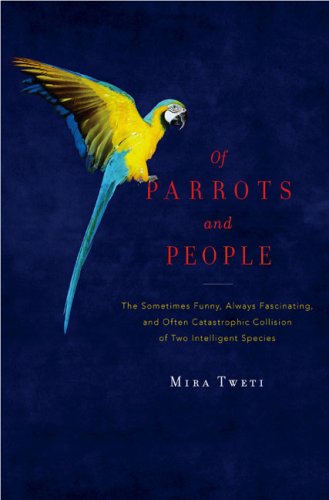 Facts About Parrots
Credit: Martin Robson via Wikimedia Commons
Facts About Parrots
Credit: Martin Robson via Wikimedia Commons
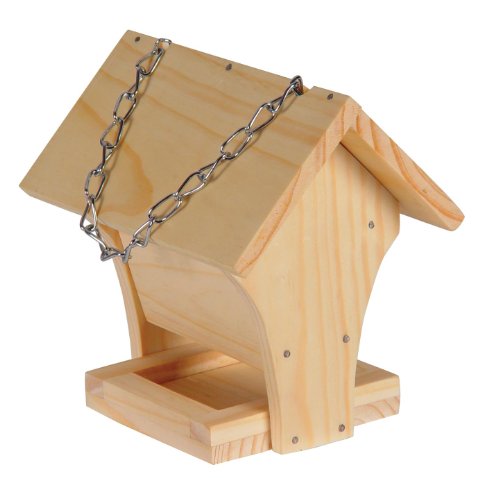 How to Make Edible Bird Houses
We all love to feed the bird
How to Make Edible Bird Houses
We all love to feed the bird
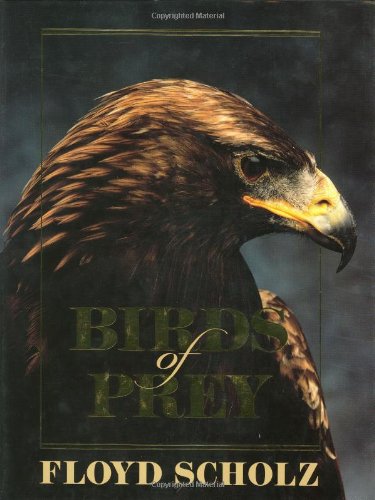 Great Birds of Prey in Australia
The best thing I have ever d
Great Birds of Prey in Australia
The best thing I have ever d
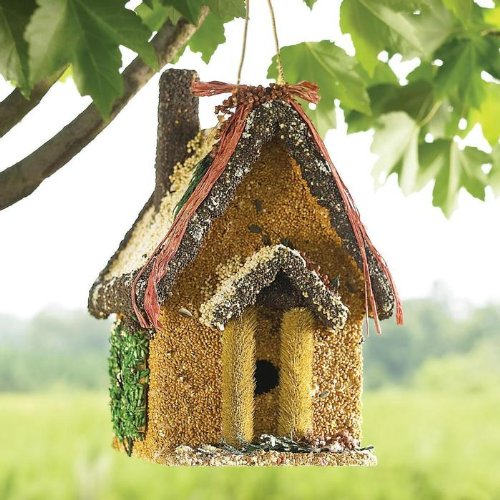 How to Make Edible Bird Houses That Double as Homemade Bird Feeders
If you love the idea of crea
How to Make Edible Bird Houses That Double as Homemade Bird Feeders
If you love the idea of crea
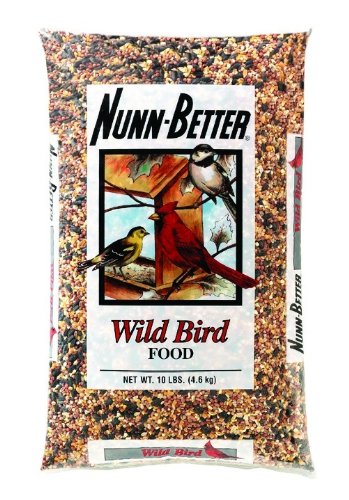 Mourning Doves Are Hunted Now?
Credit: audreyjm529 on flickr / Licensed unde
Mourning Doves Are Hunted Now?
Credit: audreyjm529 on flickr / Licensed unde